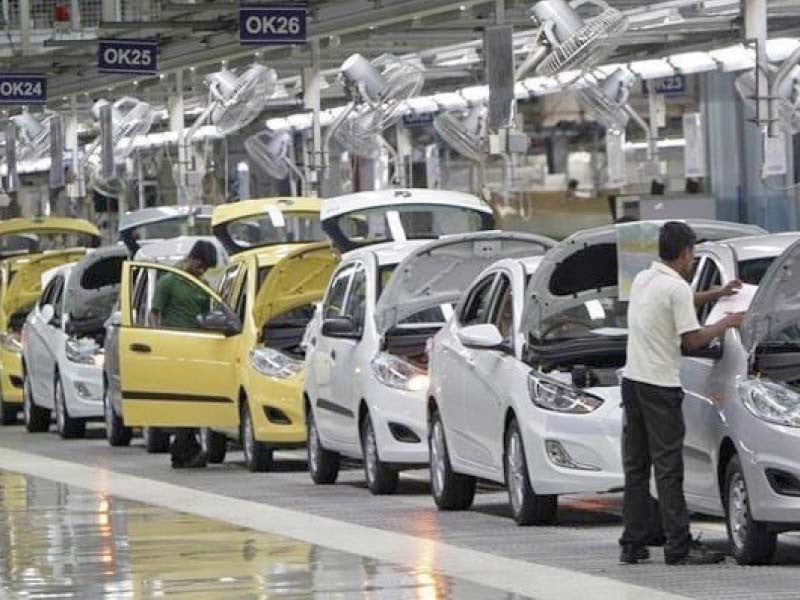KARACHI: Analysts for the car industry referred to the government budget for 2024–2025 as a mistake and demanded a 24-year sustainable plan for all businesses, including the auto industry. They emphasized that in order to quickly establish this long-term strategy, the government must involve the cabinet, political parties, and industrialists.
Growth in the industry depends on sustainability, but local rules are subject to sudden changes, usually prompted by news reports, which means corporate executives have to make continual adjustments to their plans. Due to this instability, doing business and investing in the nation is extremely risky. In particular, the auto industry has endured difficulties for the past 2.5 years and might face more in the upcoming year.
To raise the spirits of the populace, business owners, and salaried class, analysts encouraged the government to enact severe austerity measures and make sacrifices. The budget’s increased taxes on salaries and the industry as a whole have made things worse for these groups.Dr. Aadil Nakhoda, an assistant professor at IBA and analyst for the auto sector, stated that the budget is likely to have an impact on consumers’ ability to acquire cars since higher taxes may discourage them. However, a move to taxation based on price may result in dynamic adjustments, increasing the significance of price competitiveness in categories where prices are critical.
Given the necessity of implementing this technology, the government’s removal of various subsidies for EVs and hybrids may not be the best decision. In order to provide consumers more options and to allow the industry to recover, the government should think about easing import restrictions, especially on parts and components. Given the cost of inflation and taxation that consumers have already experienced in recent years, a consumer-centric strategy is imperative.
“The budget does not suit the overall industry, including the struggling auto industry, which has been facing difficulties for over two years,” said Mashood Khan, an analyst for the auto sector. The small restriction on completely built-up (CBU) units, whether new or old, is commendable; nonetheless, this is not a long-term solution. Although it helps the local industry a little, it is insufficient.
In order to promote industrialization and uplift industrialists, the government must assist regional business. The budget has little effect on the auto sector, but business owners are already facing difficulties and probably will in the future.
Khan pointed out that the tractor business has picked up steam and that the bike industry is doing better. It is sad, therefore, that there are no incentives for the truck and bus industries. Instead of importing trucks and buses, the government ought to have offered incentives to promote the purchase of domestic vehicles.
He emphasized that acknowledging the industry’s critical role in addressing the economic crisis is imperative for the government, bureaucrats, policymakers, and the Special Investment Facilitation Council (SIFC). To swiftly revive industrial growth, an industrial policy spanning 24 years is necessary.v
